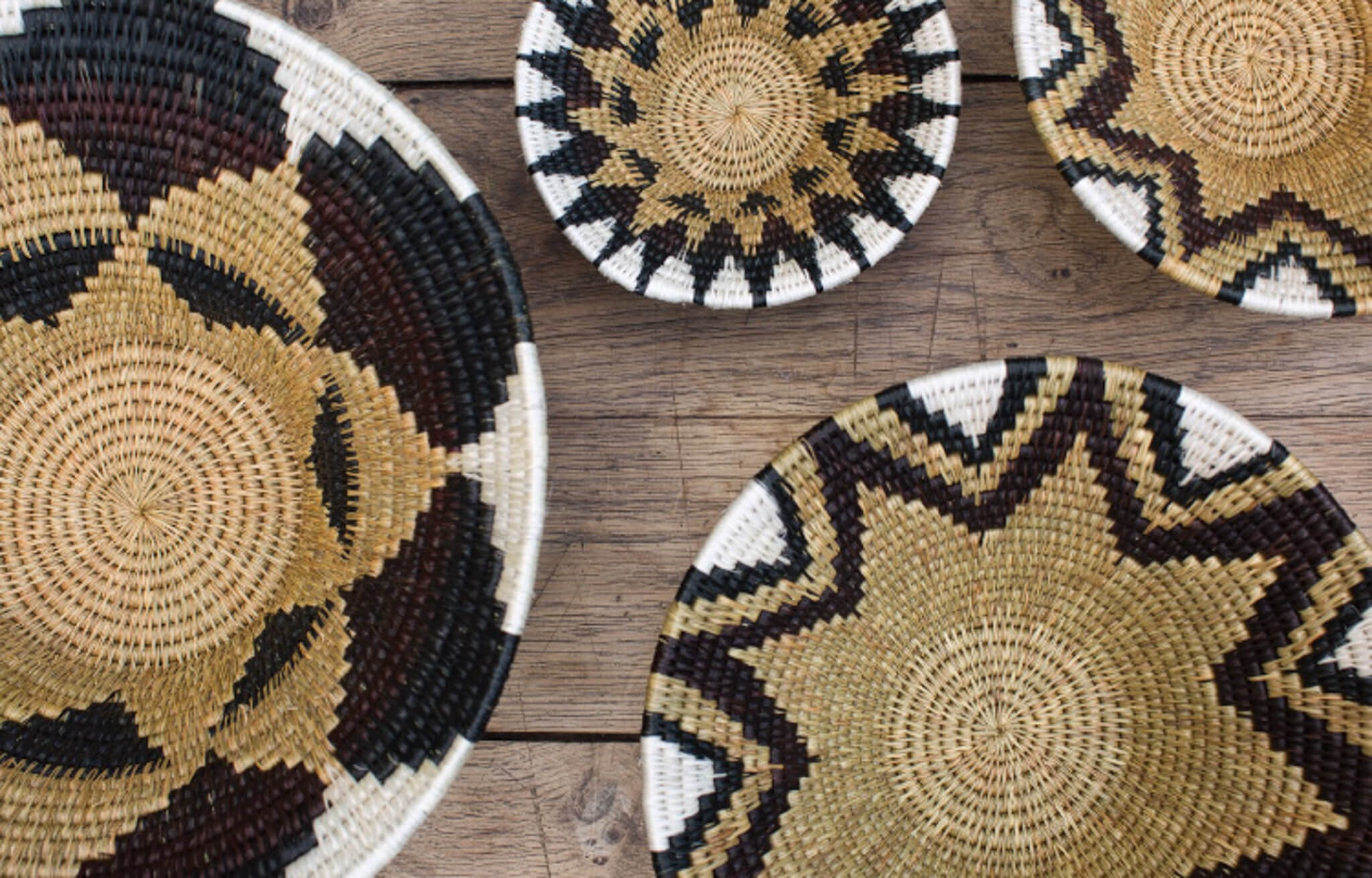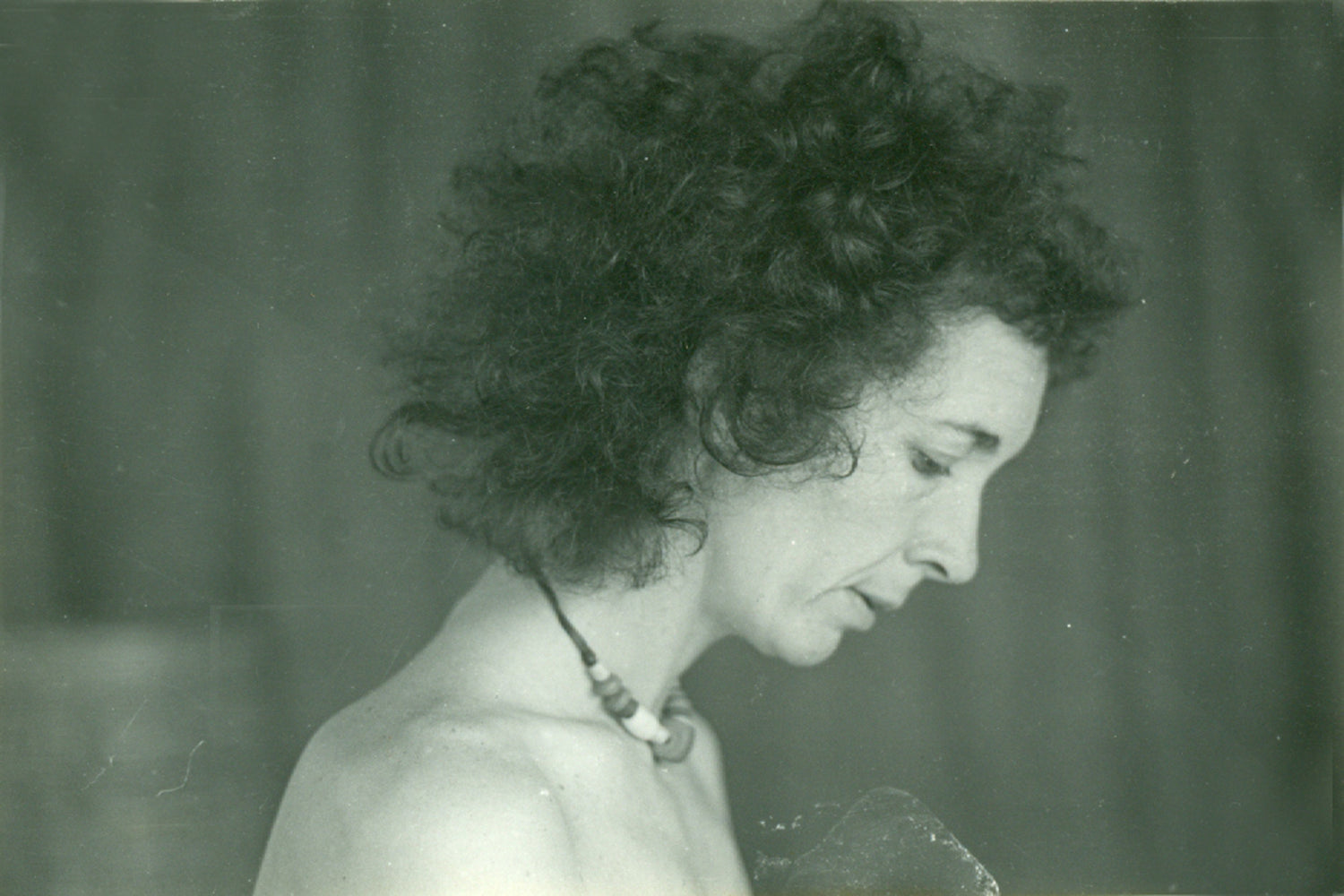
Gone rural for the UK
Gone Rural was born to empower women in Eswatini most remote areas. Our founder, Jenny Thorne, began small income-generation projects in the 1970s with rural women across the country. Jenny later moved her focus to the mountainous areas where the beautiful lutindzi grass was growing and women were already weaving, designing handwoven products that rural women would create to earn a fair and sustainable source of income.
As demand for Gone Rural's natural and creative products began to increase, so did the strength of the women's voices. These women became not only weavers, but an integral part of the company, and the sense of empowerment they gained through their business translated into their communities and homes. Gone Rural began to provide funding for community development projects led by the weavers to complement their increasing empowerment, projects which are now carried out by our sister organisation, boMake Rural Projects.
Gone Rural has blossomed from a local women's empowerment project to a global leader in handcraft and design, using creativity to ignite social change and now working with over 780 women artisans. A quarter of a century later, women and the community remain at the heart of everything we do. Registered as a trading entity in 1992, Gone Rural began to reimagine the traditional weaving techniques of Eswatini and quickly gained an international following. Gone Rural maintains its commitment to ethical production and women's empowerment while expanding our market to countries across the world.

Gone Rural Eswatini
Gone Rural was born to empower women in Eswatini most remote areas. Our founder, Jenny Thorne, began small income-generation projects in the 1970s with rural women across the country.
